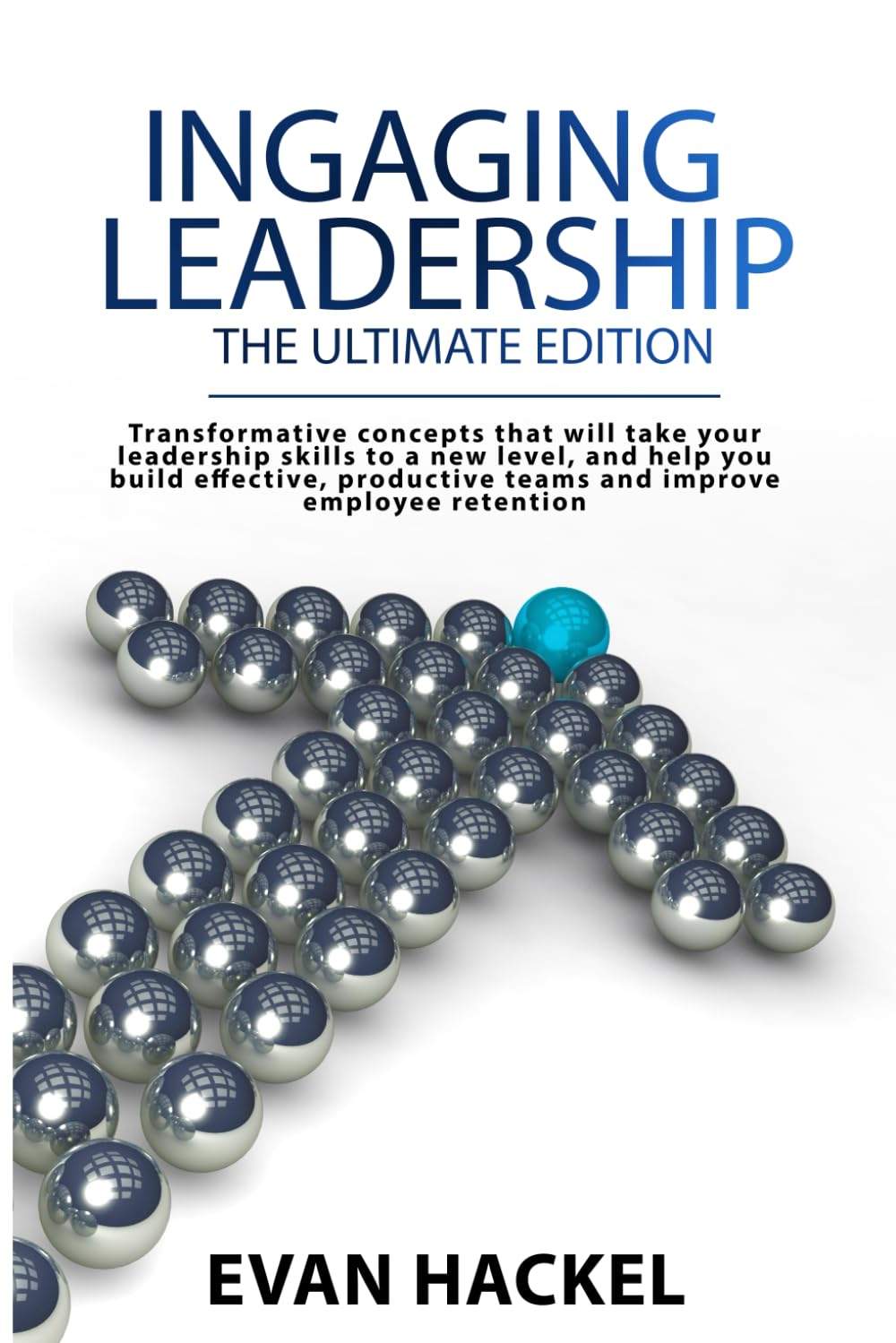You Don’t Have to be a Master to Write Effective Copy
It’s true; anyone can write copy to market and sell their goods and services IF they possess a few skills. But, if you want to maximize your efforts, you may want to either: hire a qualified professional, or two: practice enough to cut the mustard.
Here are the three things you need to produce copy that sells without the 10,000 hours University. The expectation is that it takes 10,000 hours to master any skill.
First, you must know your prospective customer, client, or patient. This is an absolute must.
Guessing what’s being talked about in your prospect’s mind is no way to enter the conversation. That’s correct; you read it right. You’ve got to get in on the conversation already swimming around in the noggin of your ideal target. They are constantly going over the stressors inside their minds as they work 60-80 hours a week against the pressures of their industry.
Think strongly about a single person when writing copy to target your target audience. Get a firm picture in your mind of precisely who that person is. When you created your personas (some call them avatars) for each product you happen to sell, you should have gotten so unique that you should have named the singular.
I target practitioners. You know, physicians, dentists, attorneys, and the like. I refer to my physician persona as Pat. I don’t know why other than Pat is both male and female. For Dentists, I call them Bob because whenever I’m in the chair getting work done, my head bobs to and fro from the headrest to the spit sink. Attorneys – I call them all Rob ( with a long O as in Robe). Get it? I make my visuals appropriate depending on which persona I’m targeting.
My research into my personas has taught me precisely the pain points, struggles, challenges, and difficulties each has in their mind. What’s keeping them up at night? For instance, the typical physician worries about the constant cuts the insurance companies place on reimbursement for services rendered.
They also have concerns about their investment portfolio, mainly because physicians don’t typically know about business or finance.
As for dentists, they have patients (or the lack thereof) on their minds to the point of distraction. The amount of money they have invested in their office layout is staggering, as it takes nearly $1 Million to outfit a multi-station practice. The failure rate of dentists is so alarming that corporate dental is slowly taking over the industry.
The dreams they held when they first decided to become a dentist have faded significantly since they opened their business. No one talks about it, but dentists have the highest suicide rate of practitioners, bar none. The stress is enormous.
Attorneys are a lot like dentists. They suffer the same situation except for the investment in office furnishings. Their dreams have faded, there are always more new clients, and the competition is fierce depending on their niche. More and more attorneys are finding ways to specialize in carving out a niche within a place.
Regardless of the niche or audience you target, you have to know where to reach them. That’s another segment of the persona research that must be comprehensive. Where do they get their information? Not just the internet. What magazines, newspapers, television stations, and radio stations do they favor? Your job is to get your message in front of as many people in your niche as possible. Only 2% of the target audience is ready to pay attention to your cleverly crafted messaging.
So you see, this is the exercise you need to work on to get a real handle on your ideal prospect.
you have to have the ability to write just like you talk. Now leave the dock worker lingo to the streets. I was kidding. So, be casual, considerate, polite, and somewhat direct. If you want them to do something, you have to tell them. People like direction. They don’t take vague innuendo whatsoever. And, just because guys like Gary V and Tony Robbins can drop F-Bombs in every other sentence when they’re on stage doesn’t permit you to be crude, rude, and offensive under any circumstances.
Get your ideal target in your mind and imagine having a quiet conversation with them over a coffee or beer. Speak to their issues. They don’t want to hear about you and what you do. The only thing they care about is how you can solve their concern. They could care less about your features and benefits; your whizzbang is the best, etc. There’s only one thing on their mind, and that is what’s chewing them up inside.
Offering information that can improve your target’s life is a great way to build a relationship. Don’t just think you are one because you speak like a friend. Be helpful, be generous with information. Educate your prospects about how your goods or services can quickly resolve their challenges. You’ve got to impress them that YOU are the only solution because you’re so unique in the marketplace. You are unique. You do have a well-defined, Unique Service Proposition, don’t you? The original term was a Unique Selling Proposition, but I wouldn’t say I like the word sell. I’d instead service my clients all day long and never have to sell them. Third, when you are crafting your messaging, you must always be thinking about preparing it in such a way as to give them a “Reason Why” they should pay attention to you. Direct Response Copywriting is about eliciting an immediate response – an emotion-driven reaction to act now. That is the founding principle of DRC. An early ad man in the late 1890s – 1900s named J.E. Kennedy referred to his form of advertising as Reason Why Ads.
His premise was that if you thoroughly explained the benefits and could prove them, his reasons why they should buy were straight to the point.
Give your audience a Reason Why You are the Only Solution. Give a Reason Why They should listen to Your every word. Give them a Reason Why They should buy what You are selling. Tell them all this and ASK for the sale. A clear Call-To-Action (CTA) must accompany every communication.
You don’t have to be a master copywriter to produce well-worded and engaging copy if you utilize the abovementioned skills. If you don’t think you have it within, you had better recheck.
We all can write as long as we believe we can do it. It doesn’t take a Harvard Business School Degree to write, just the will to do so and some basic skills along with encouragement by following these tips.











